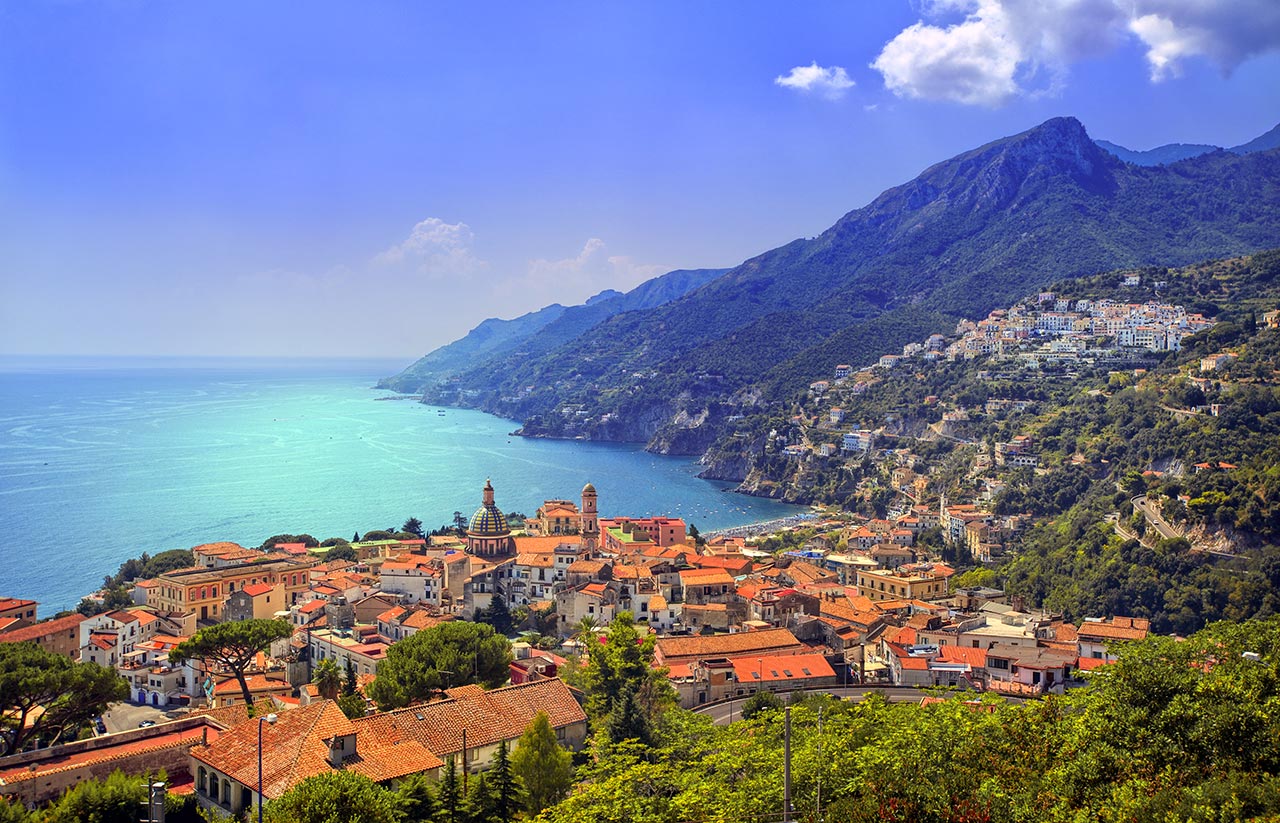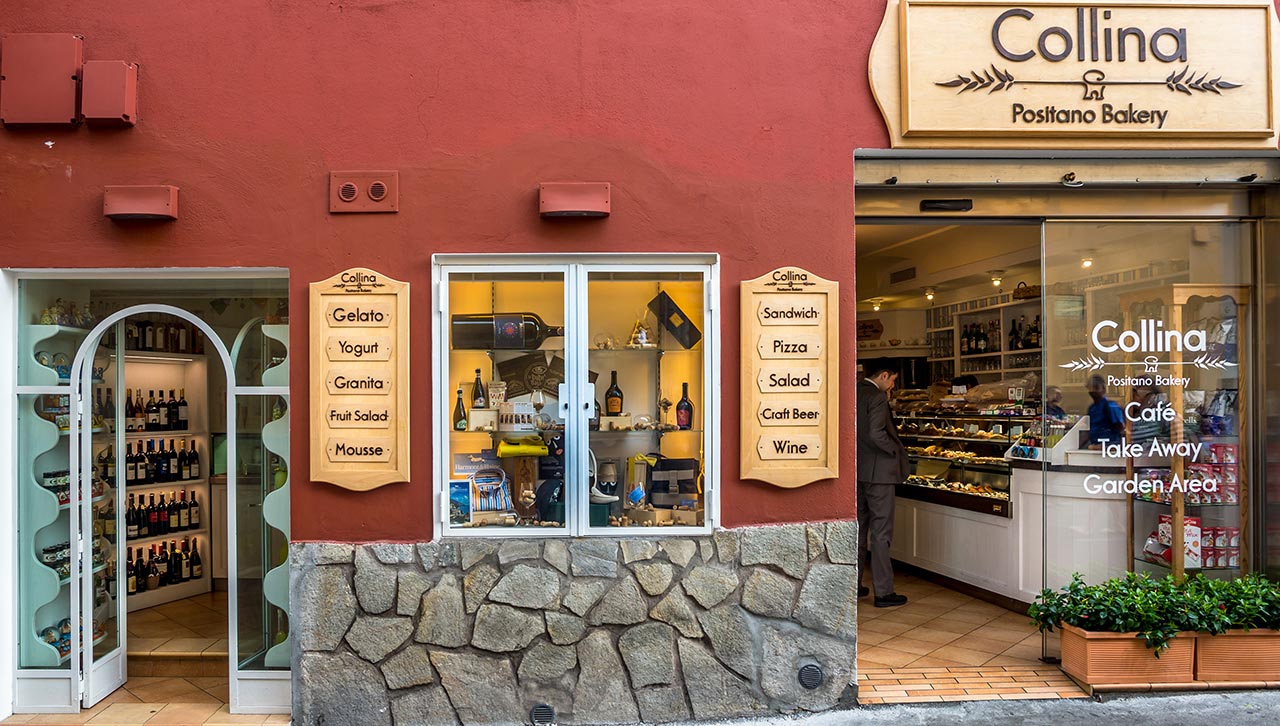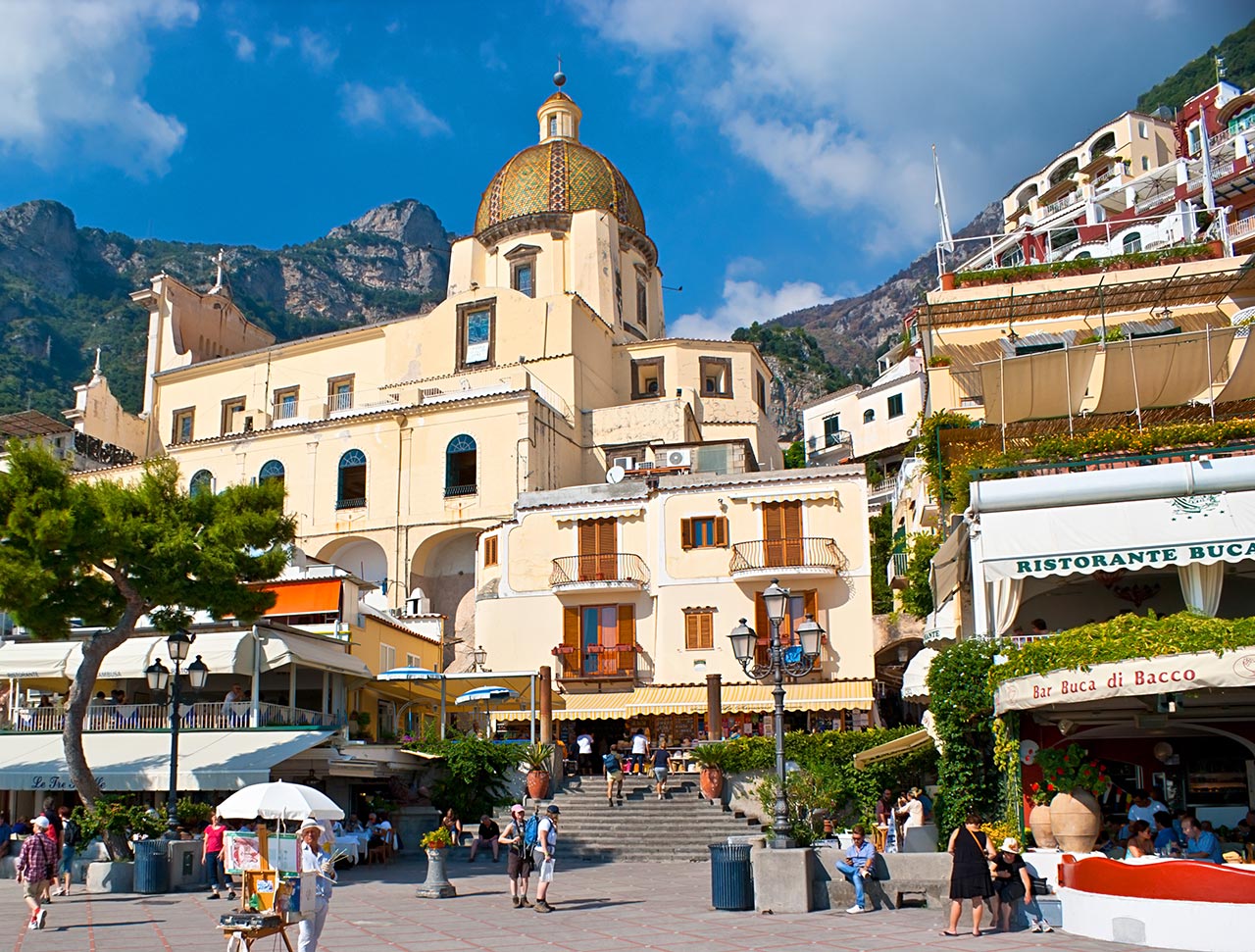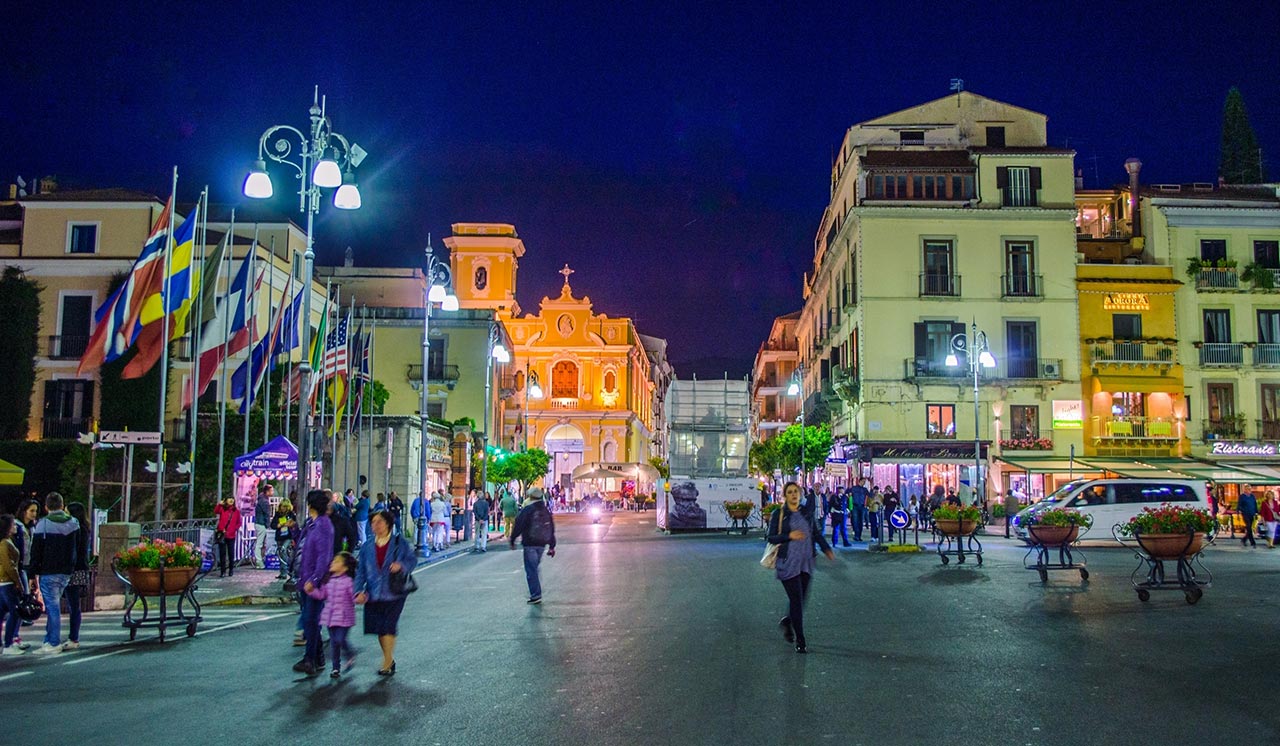How To Move To Italy's Amalfi Coast
Thinking of moving to Italy? An expat answers common questions about living on the Amalfi Coast.
When Seth Snider settled on relocating to Salerno, a town just south of Naples on the coast, he found it by happy accident. It was 1997, and he'd just graduated college. Law school didn't feel as promising as he'd hoped, so with the goal of teaching English in Italy, a country he'd long held in fascination, he got out a map and applied to schools only in cities on the water. He arrived, settled in, and soon became the "Americano" — the only expat from the States in a town with a then population of 170,000.
Since then, he's come a long way. Snider now clocks in as the president and founder of travel-and-tour company Your Private Italy, specializing in custom vacations and villa rentals in the country he found on a whim 20 years ago.
What jobs can I find?
Bureaucracy will be the biggest hurdle in finding legal employment in Italy — and you need a work visa to earn a paycheck on the up-and-up. (That's not to say new arrivals don't work under the table serving wine and pizza.)
Companies in Italy are required to first scout new hires among Italian citizens. This means Americans stand a fighting chance finding a job in a highly specialized field, such as technology, where they can bring special training or skills than no local has.
Snider, who works regularly with five-star dining spots and hotels, says, "Restaurants may want an American chef for their knowledge of American cuisine or new trends. But overall, for Americans, Italy isn't an easy place to find work."
Where do I buy groceries?
"You know, we do have supermarkets in Italy," says the Annapolis, Maryland, native, joking that a move to Italy is a far cry from moving to an island.
Granted, in his town of Salerno, stocking the fridge still borrows from Old World traditions. "It's rare for me to go to one giant grocery store," says Snider. "I go to the butcher, then the vegetable guy, and then the fish guy. I do as the locals do, and shop for the next meal or the next day. The term farm-to-table here has no meaning, because it's all farm to table. They've never known anything else."
How do I bring pets?
Any four-legged expats will need an ISO-compliant microchip. Plus, Fifi will also need proof of a rabies vaccination occurring after the microchipping process. Then she will need to wait 21 days before travel, so plan accordingly.
What are the health care options?
Healthcare in Italy is not up to the standards to which most Americans are accustomed. "In the South, especially, the infrastructure in the hospitals isn't on the same level as American hospitals," says Snider. "Plus, a lot of hospitals in the U.S. are privately financed. That's not the case here."
When he needed an emergency appendectomy, he elected to have the procedure in an American hospital in Rome. But, if anything such as a broken finger were to happen, Snider says he'd seek care in Salerno.
Will online retailers deliver?
Amazon has distribution centers throughout Europe, and, as of April 2017, is making a push to offer Prime in Europe by growing its collection of warehouses — meaning you could shop for that garlic press while sipping espresso at the piazza and still enjoy relatively instant gratification with your purchase.
However, not every U.S.-based retailer will deliver to the boot, but it's easy enough to set up a mail- and package-forwarding service, such as with Reship.com.
How do I move my belongings?
Having moved right after college, Snider began his new life with just a few duffle bags and the cash from selling his Toyota 4Runner.
Seekers of la bella vita traveling with a few more possessions in tow can easily arrange a shipment. Icontainers handles the door-to-door transit of a container from anywhere in the States to Italy. From New York to Naples takes 32 days, and from Naples to any nearby city takes less than a week.




